7 CEOs Fired for Misconduct and Mismanagement
In the high-stakes world of corporate leadership, CEOs are expected to steer their companies toward success while upholding ethical standards. However, some leaders have been ousted due to misconduct, mismanagement, or failure to meet performance expectations. Here are seven notable CEOs who were fired from their roles:
1. Steve Jobs – Apple Inc.
Steve Jobs, co-founder of Apple, was forced out in 1985 after internal conflicts with the board over his management style and the company's direction. His confrontational approach and disagreements with then-CEO John Sculley led to his departure. Jobs later returned in 1997, leading Apple to unprecedented success with products like the iMac, iPod, and iPhone.
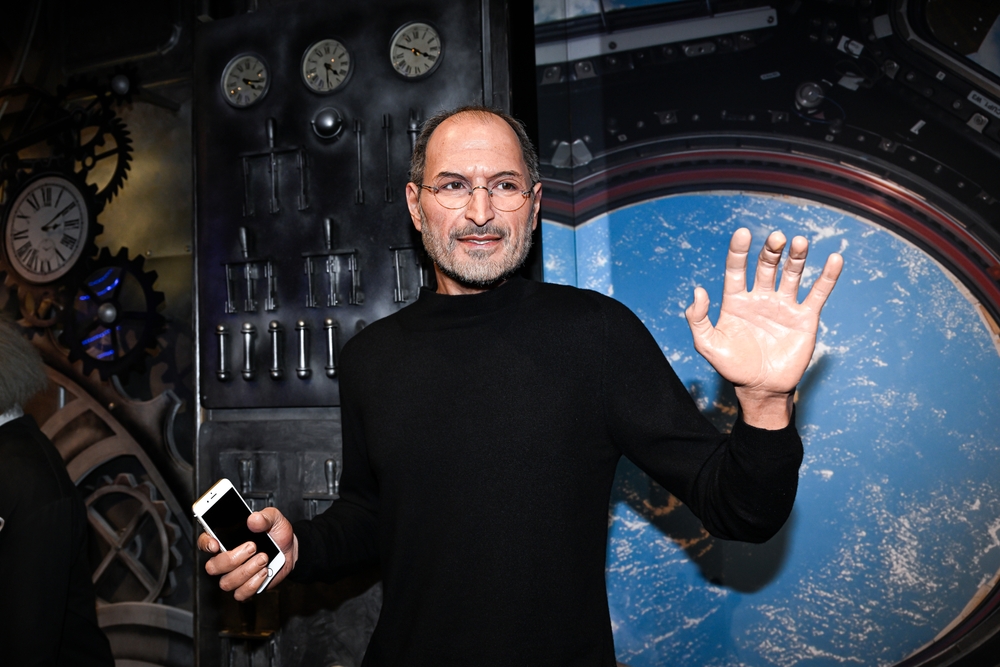
2. Travis Kalanick – Uber
Travis Kalanick resigned as CEO of Uber in 2017 amid widespread public scandals and internal turmoil. His leadership faced intense scrutiny due to various issues, including allegations of fostering a toxic work culture and mishandling a case of sexual harassment. Kalanick's aggressive management style helped Uber disrupt the transportation industry but also contributed to significant ethical and legal problems, leading to his pressured resignation.
Related: Booted from His Own Empire: Travis Kalanick and the Fall of Uber’s Toxic Titan
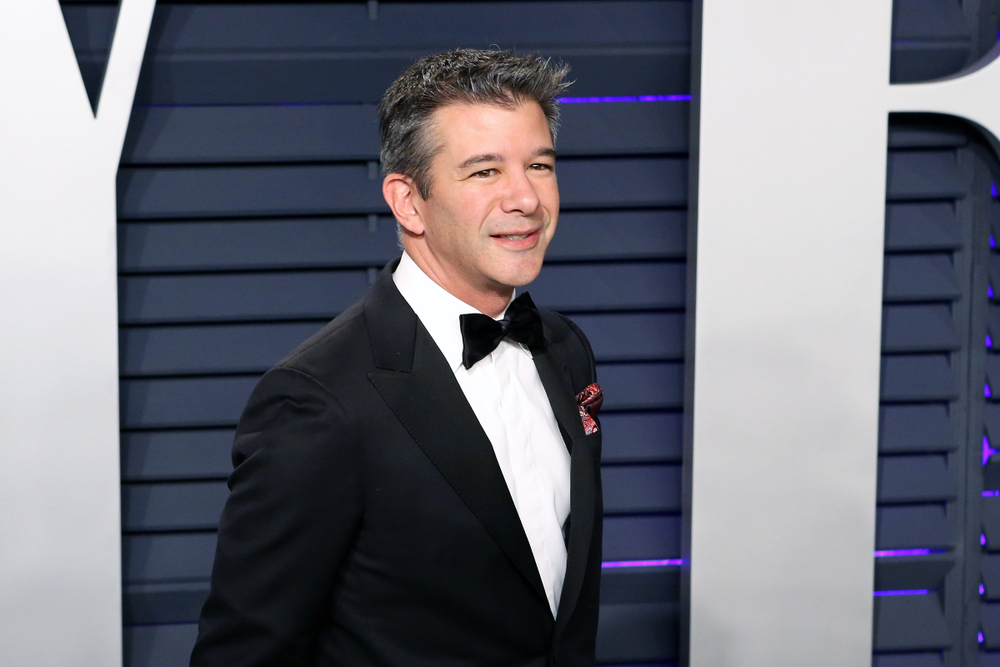
3. Carly Fiorina – Hewlett-Packard
Carly Fiorina served as CEO of Hewlett-Packard from 1999 to 2005. Her tenure was marked by the controversial decision to merge with Compaq, a move intended to revitalize HP’s struggling PC business but criticized for its execution and subsequent performance issues. Fiorina was ousted by the board due to dissatisfaction with the merger’s results, declining stock values, and missed performance targets, marking a tumultuous period in HP’s history.
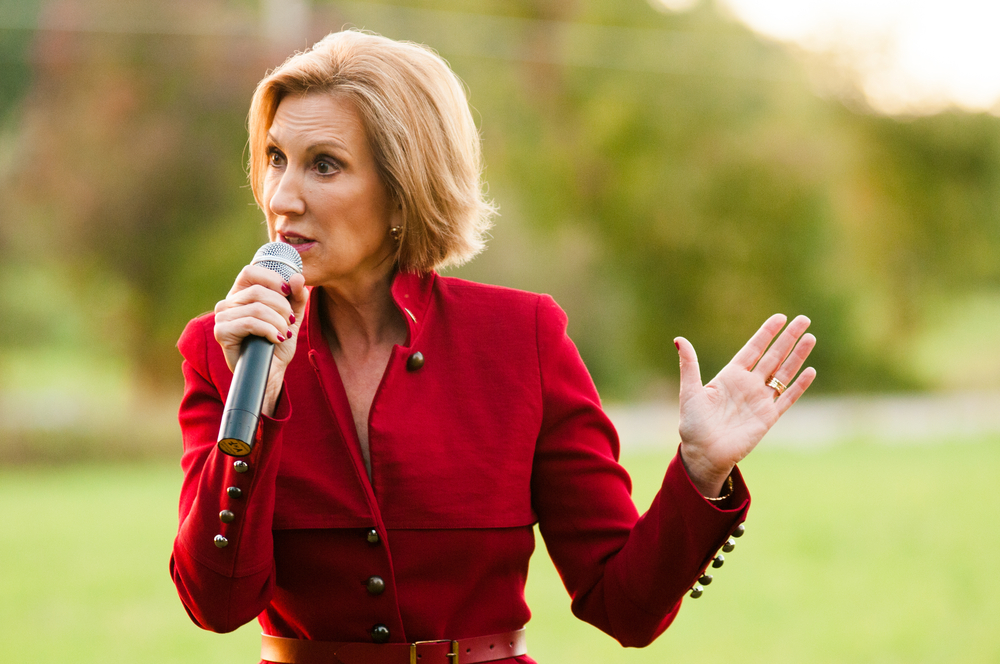
4. Andrew Mason – Groupon
Andrew Mason, founder and CEO of Groupon, was fired in 2013 after the company’s stock plummeted and growth slowed significantly. Mason’s dismissal came after concerns over his leadership and Groupon’s business model’s long-term viability. He publicly acknowledged his firing in a candid letter to employees, admitting his role in the company’s failed strategies and expressing hope for its future under new leadership.
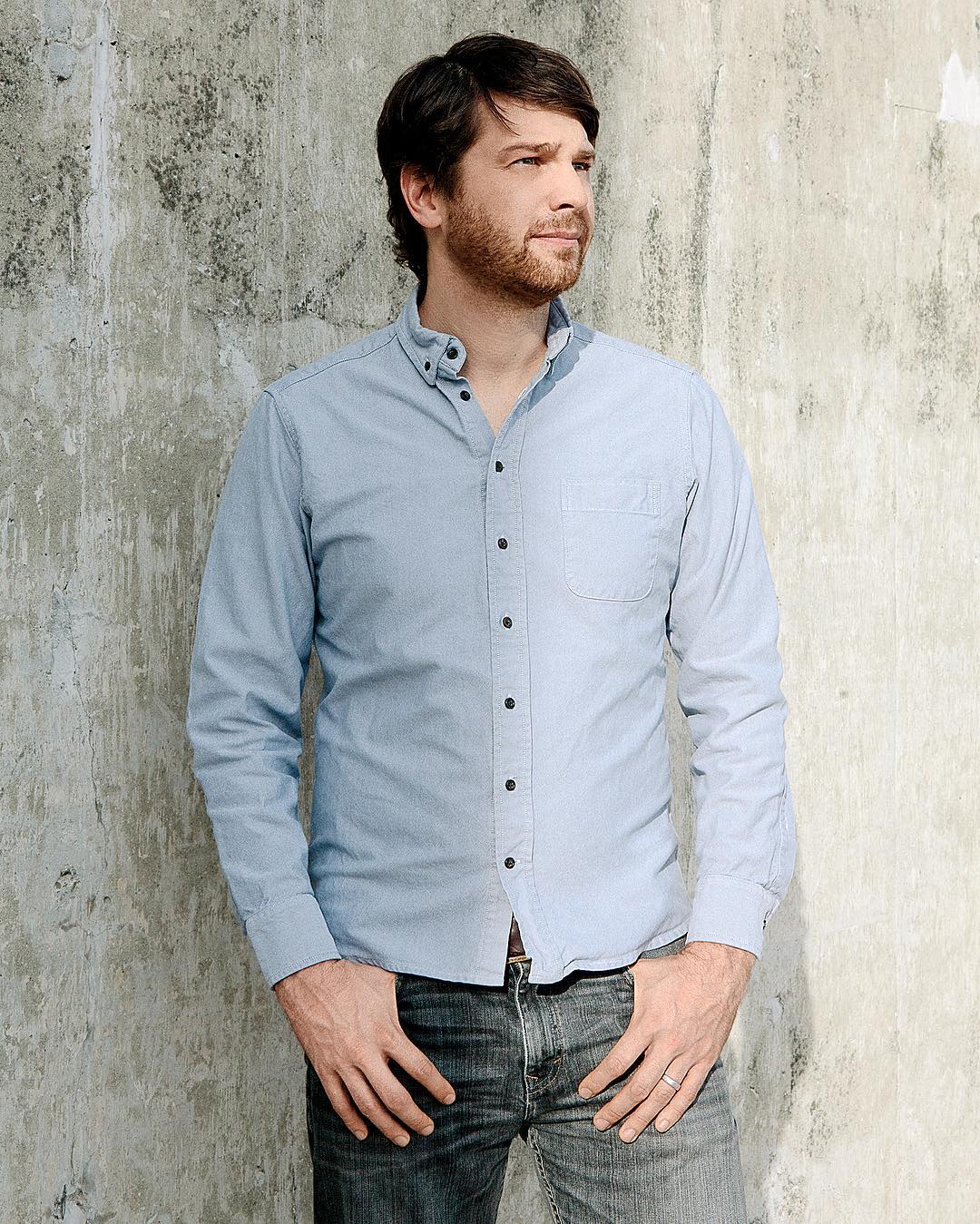
5. Dennis Muilenburg – Boeing
Dennis Muilenburg was fired as CEO of Boeing in December 2019 following the fallout from two fatal crashes involving the 737 MAX aircraft. The crashes, which killed 346 people, led to intense scrutiny over Boeing's safety practices and Muilenburg's handling of the crisis. His dismissal was part of Boeing's efforts to restore confidence in the company.
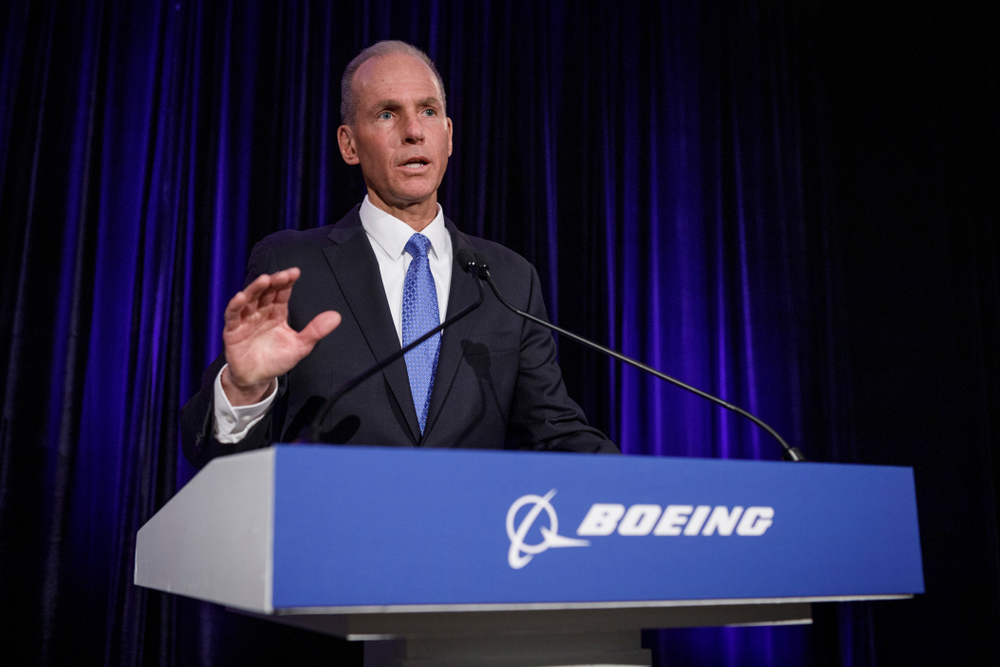
Related: Boeing Faces Intensifying Challenges Amid South Korea Jet Crash
6. Dov Charney – American Apparel
Dov Charney, founder and CEO of American Apparel, was fired in 2014 due to allegations of misconduct, including sexual harassment and misuse of company funds. His controversial behavior and management style led the board to conclude that his leadership was detrimental to the company’s future. Charney's dismissal marked a significant shift in corporate governance standards.
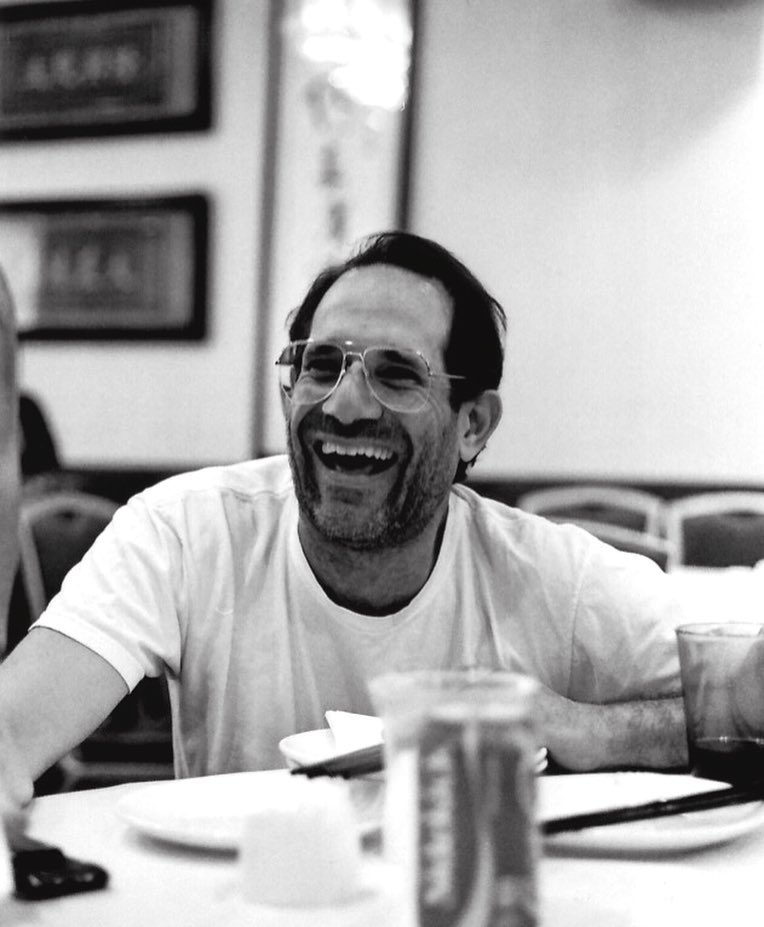
Related: BYD vs. Tesla: Which EV Comes Out on Top in 2025?
7. Martin Eberhard – Tesla
Martin Eberhard, co-founder of Tesla, was ousted from his position as CEO in 2007 due to delays in the Tesla Roadster's production and other operational issues. Financial mismanagement and strained relationships with other executives, including co-founder Elon Musk, contributed to his removal. After his departure, Musk took over leadership, steering Tesla toward its future successes in electric vehicles.
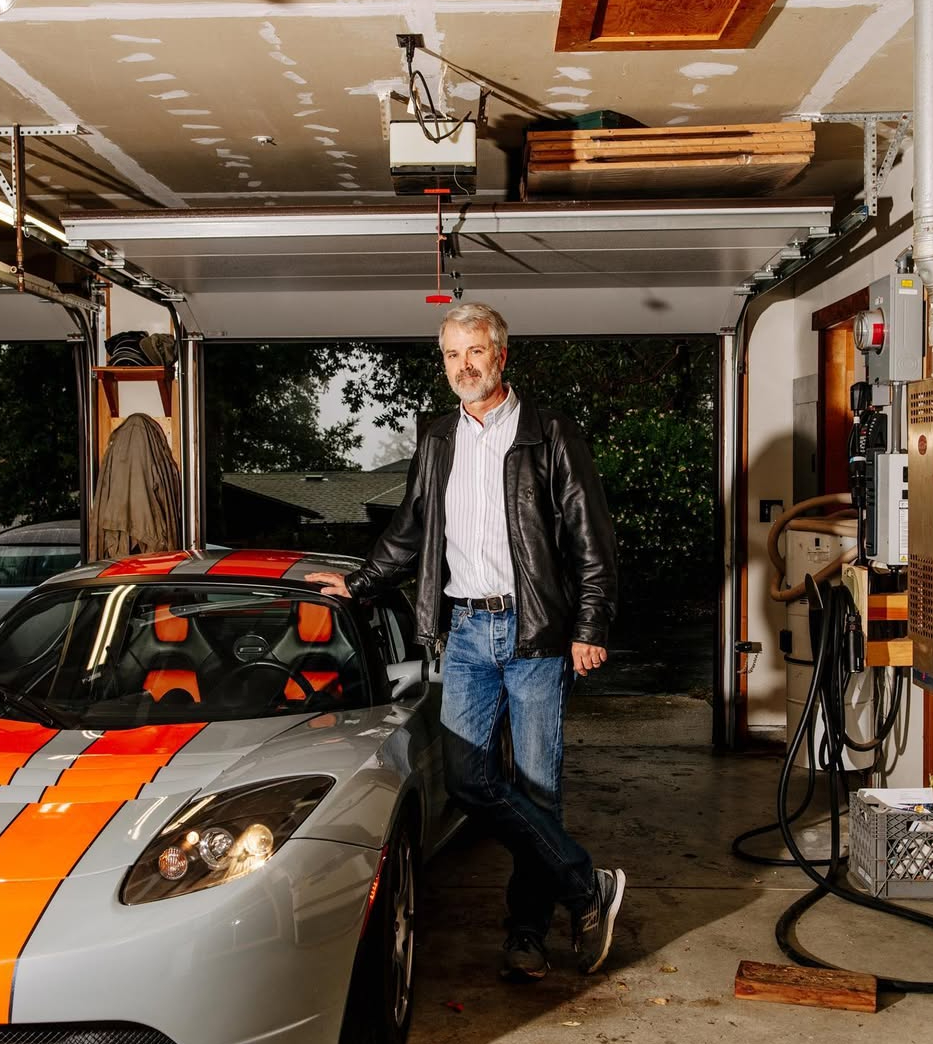
Martin Eberhard
Conclusion
Being a CEO isn’t just about vision, strategy, or financial acumen, it’s about people. These high-profile firings show that many executives, despite their brilliance or business instincts, lacked the emotional intelligence and interpersonal skills necessary to lead healthy, functioning teams. No amount of innovation or market disruption can cover for a toxic work culture or broken leadership. These stories are proof that people management is an essential skill. When CEOs fail their teams, they fail their companies.













